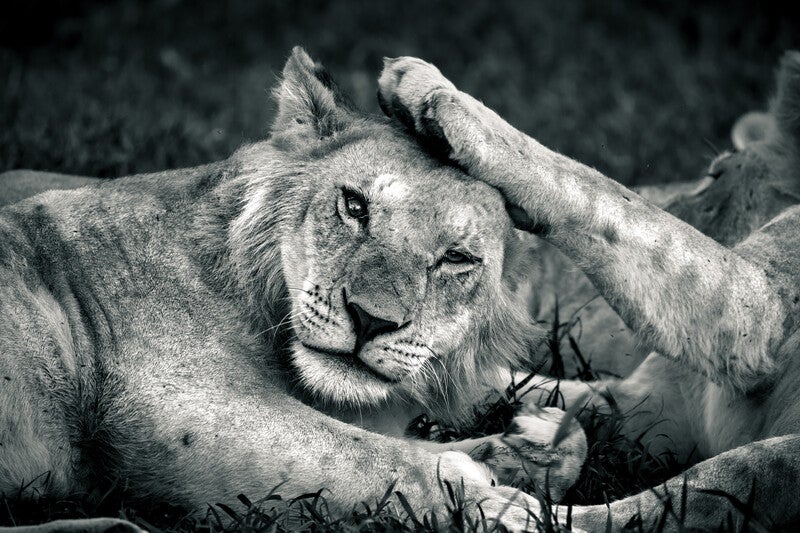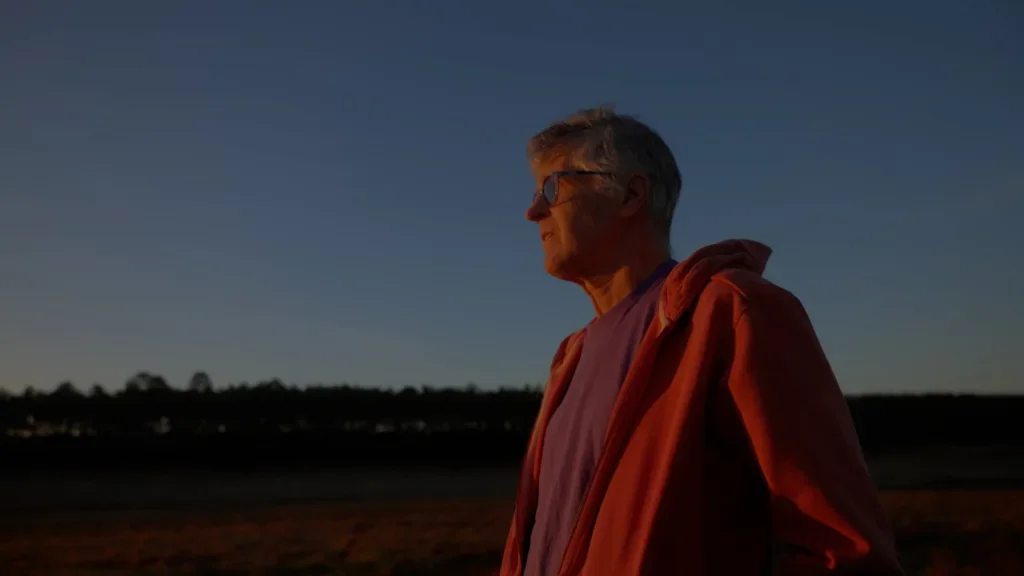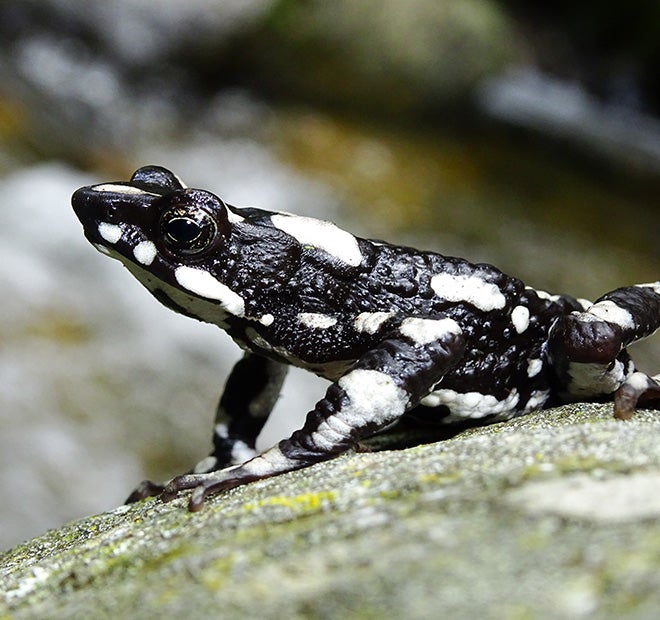lion recovery fund
Lions are among the planet’s most iconic and revered animals, yet the public remains largely unaware of the crisis they face. Lion populations have dropped from 200,000 a century ago to just over 20,000 today, signaling an unprecedented crisis for both lions and their ecosystems. In response,the Lion Recovery Fund (LRF) was create, which aims to raise and invest tens of millions of dollars to support the best efforts by conservationists across the continent working to recover lions and Africa’s wildlands.
The LRF, an initiative launched by the Wildlife Conservation Network, aims to catalyze investment in the most effective efforts by conservationists who are working to reverse the decline of lions in the wild. The LRF assesses and deploys funding to the best ideas for lion recovery and habitat restoration. Uniquely, 100% of every dollar raised goes directly to the partners in the field with zero administrative fees or overhead.
Startup support for the Lion Recovery Fund was provided by the Leonardo DiCaprio Foundation, which has since been folded into Re:wild.
Leonardo DiCaprio underscored his support for the Lion Recovery Fund, and encouraged the public to get involved. "We're losing our planet’s wildlife – even such iconic species as the African Lion – at a dangerously rapid pace. An astonishingly small amount of philanthropic dollars go towards protecting wildlife, but together we can turn that around," DiCaprio said. "The Lion Recovery Fund ensures that your generosity goes to the most effective efforts on the ground to protect African lions and restore their habitat."
Habitat loss to agriculture, encroachment of wildlands by people and livestock, poaching of lion prey and human-wildlife conflict are the main factors that have caused lions to disappear from 80 to 90% of their former range. More than 26 countries have already lost their lion populations. Without action, lions may disappear from many of their remaining strongholds. The loss of the lion would have a severe impact on Africa’s wildlife and ecosystems, and would mean enormous ramifications for the continent’s $34 billion ecotourism industry.
While these challenges are great, the pathway to lion recovery is remarkably simple. Conservationists estimate that if existing national parks and nature reserves were properly resourced and managed, and if their local communities were supported, Africa’s lion population could increase by three to four times its current size.
Such investments in parks and people are a priority for the Lion Recovery Fund. The LRF supports innovations in, and scaling of, on-the-ground conservation efforts to reduce human-lion conflict, enhance law enforcement and end poaching in reserves, and secure the space lions need to roam and recover. It will also support campaigns that build the private, public and philanthropic commitment for lion recovery.
To learn more about the Lion Recovery Fund, visit www.lion recovery fund.org, like Lion Recovery Fund on Facebook and follow @LionRecovery on Twitter and Instagram



